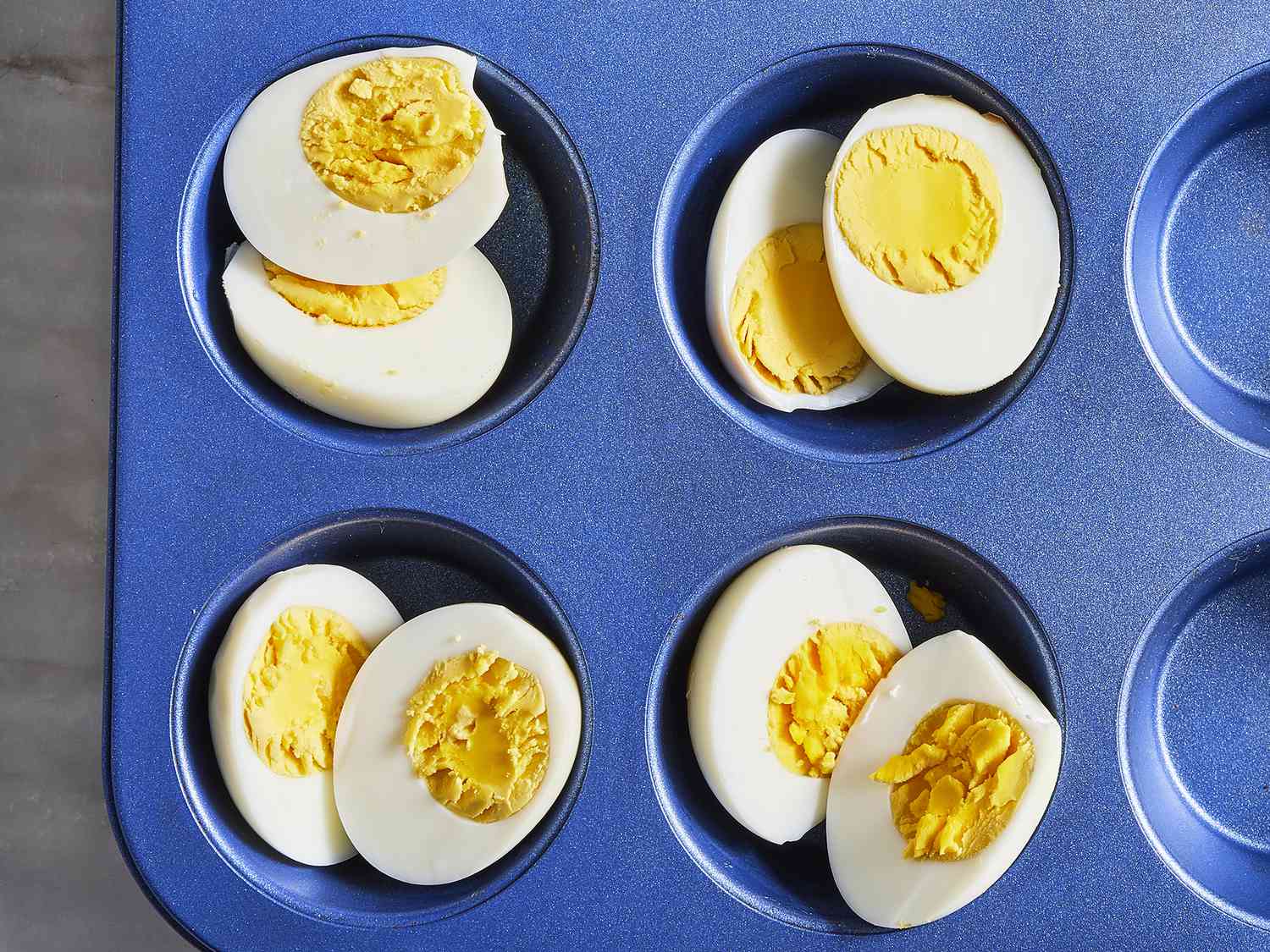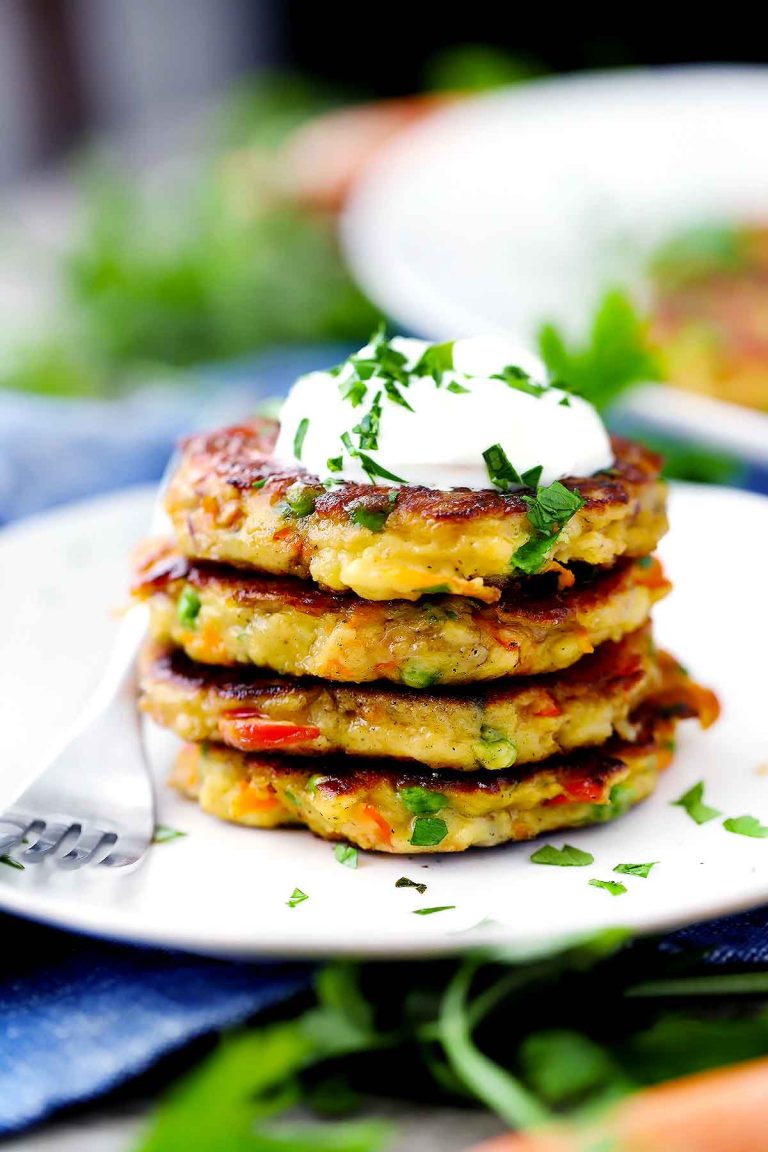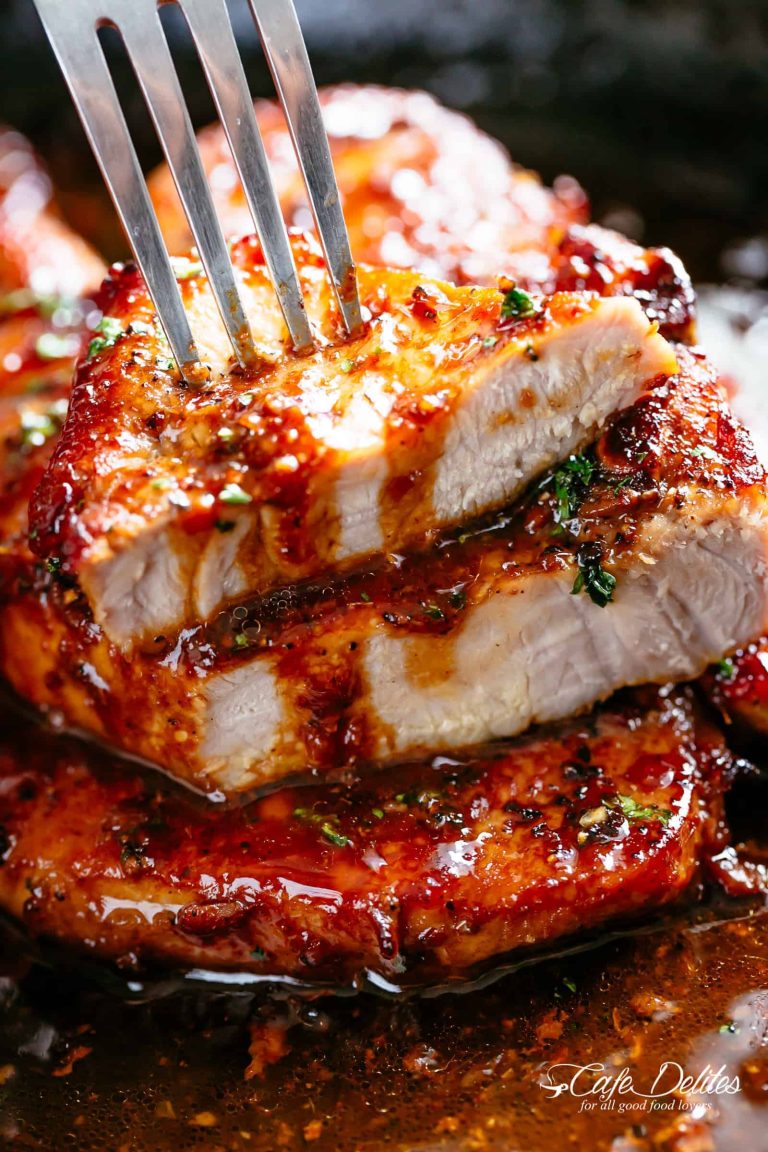Hard Boiled Eggs in the Oven: Easy and Time-Saving Method
Hard-boiled eggs in the oven, also known as baked eggs, involve cooking whole eggs using dry heat instead of boiling water. This method offers several advantages over traditional boiling by providing uniform temperature and reducing the risk of overcooking or undercooking.
How the Oven Method Works
To make hard-boiled eggs in the oven, you simply place uncooked eggs in a muffin tin or directly on the oven rack. Set the oven to 325°F (163°C) and bake for 30 minutes. After baking, transfer the eggs to an ice water bath to stop the cooking process and make peeling easier.
Benefits of Baking Eggs
- Consistent Results: The controlled oven temperature ensures the eggs are evenly cooked.
- Time Efficiency: Baking allows you to focus on other cooking tasks while the eggs cook.
- No Boiling Water: Simplifies the process by eliminating the need to manage boiling water.
- Meal Prepping: Perfect for preparing a batch of hard-boiled eggs for the week.
- Breakfasts: Ideal for quick and easy protein-rich morning meals.
- Cooking Flexibility: Keeps stovetop burners free for other dishes, enhancing kitchen efficiency.
Using the oven to make hard-boiled eggs offers a reliable, straightforward method with clear benefits for both daily and batch cooking scenarios. This technique transforms how you approach egg preparation, saving time and simplifying your kitchen workflow.
Benefits of Cooking Eggs in the Oven
Time Efficiency
Oven-cooked hard-boiled eggs offer significant time savings. You can prepare multiple eggs simultaneously, eliminating the need for multiple batches. Placing the eggs in the oven requires minimal monitoring, freeing you to engage in other tasks. For meal preppers, this translates to reducing total cooking time drastically.
Consistency in Cooking
Achieving uniform results is easier when cooking eggs in the oven. Unlike boiling, where eggs may cook unevenly, the oven provides a controlled environment. Whether you cook a few eggs or a dozen, each egg gets consistent heat exposure. This consistency ensures each egg reaches the same doneness level, avoiding undercooked or overcooked eggs.
Convenience
The oven method enhances convenience. Using muffin tins or placing eggs directly on the rack simplifies the setup. You don’t need to wait for water to boil or worry about managing temperatures. Post-cooking, the eggs are easier to peel, reducing preparation time. This method is also ideal for bulk cooking, supporting weekly meal plans with ease.
How to Make Hard Boiled Eggs in the Oven
Step-by-Step Process
- Preheat Oven to 325°F (163°C): Set your oven to 325°F (163°C) to ensure even cooking.
- Place Eggs in Muffin Tin: Arrange uncooked eggs in a muffin tin to keep them stable or place them directly on the oven rack.
- Bake for 30 Minutes: Allow the eggs to bake for 30 minutes, keeping the temperature consistent throughout.
- Prepare Ice Water Bath: Fill a large bowl with ice and water to create an ice water bath.
- Transfer Eggs to Ice Bath: Immediately move the baked eggs to the ice water bath for at least 10 minutes.
- Peel and Use: Peel the eggs easily after cooling, then use as desired for snacks or recipes.
- Oven: A standard kitchen oven set to 325°F (163°C) for consistent heating.
- Muffin Tin: A muffin tin to hold and stabilize the eggs during baking.
- Large Bowl: A large bowl to accommodate the ice water bath.
- Ice and Water: Sufficient ice and water to cool the eggs quickly post-baking.
- Tongs: Tongs to safely transfer hot eggs from the oven to the ice water bath.
These steps and tools ensure perfectly cooked, easy-to-peel hard-boiled eggs in the oven.
Tips for Perfect Oven-Cooked Eggs
Temperature Settings
Maintaining the right temperature is important for oven-cooked eggs. Set your oven to a precise 325°F (163°C). This temperature ensures the eggs cook evenly without developing brown spots. If the temperature is too high or low, the eggs may overcook or undercook.
Timing is Key
Adhering to the correct timing is essential for perfect results. Bake eggs for a full 30 minutes. Any less, and the eggs may be undercooked; any more, and they could become rubbery. Use a timer to ensure accuracy, and follow it up immediately with an ice water bath to halt further cooking.
Common Mistakes to Avoid
Overcooking
Overcooking leads to rubbery textures and unappetizing green rings around the yolks. To avoid this, keep the oven at 325°F (163°C) and stick to a 30-minute bake time. Over-baked eggs tend to develop cracks, causing egg whites to leak. Monitor the cooking time to ensure the eggs stay tender and maintain their taste.
Undercooking
Undercooking results in soft, runny yolks and whites that are not fully set. Although it’s tempting to rush the process, precisely follow the 30-minute bake time. Inconsistent oven temperatures can also cause undercooked eggs; use an oven thermometer to confirm the correct temperature. Properly cooked eggs have firm whites and fully set yolks without any liquid areas.
Conclusion
Baking hard-boiled eggs in the oven is a game-changer for anyone looking to streamline their cooking process. This method provides consistent results without the hassle of boiling water. By following a few simple steps, you can enjoy perfectly cooked eggs that are easy to peel and ideal for meal prepping.
So next time you need hard-boiled eggs, give the oven method a try. You’ll save time and enjoy the convenience and reliability it offers. Happy baking!






